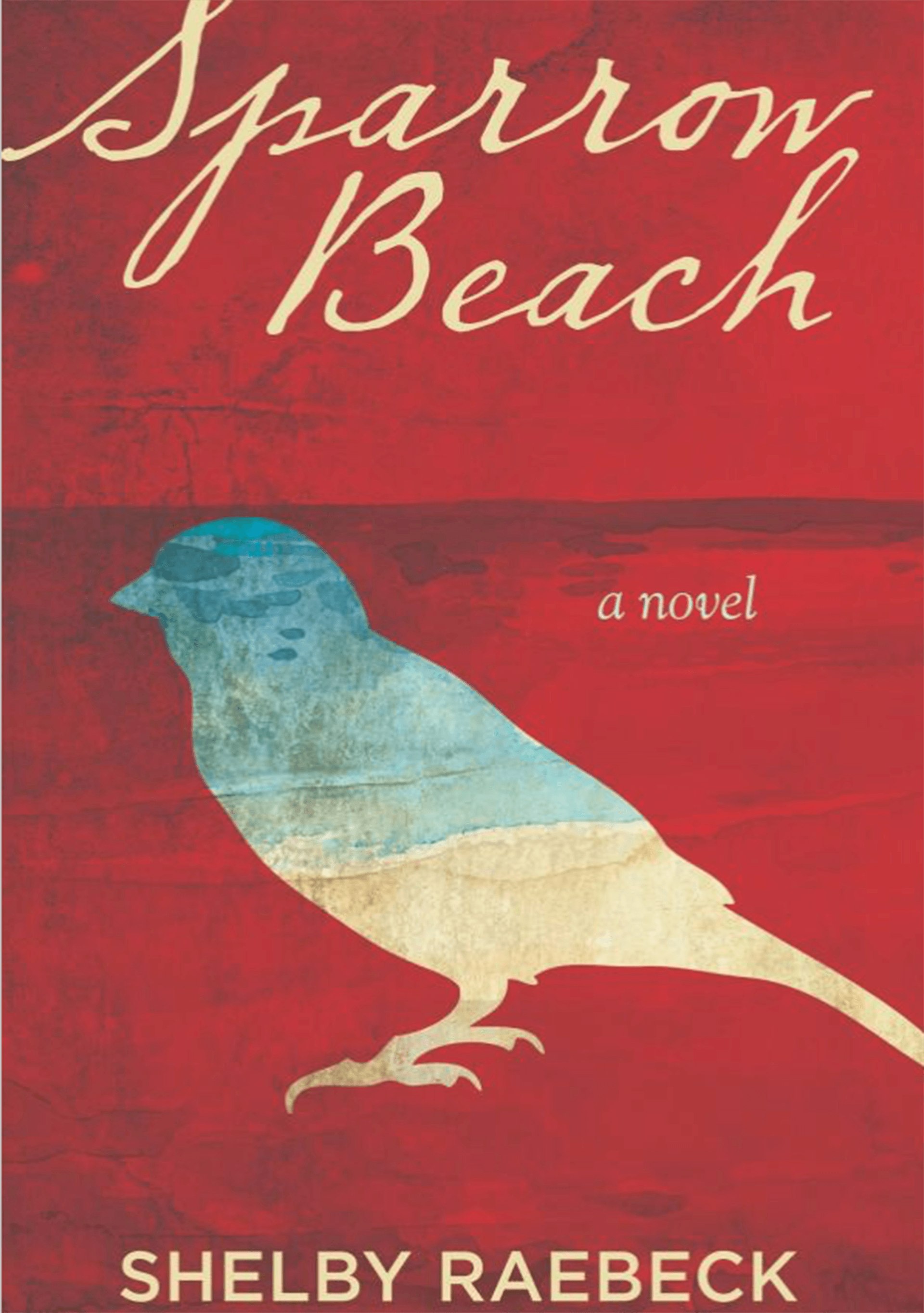Sparrow Beach


This debut novel by Shelby Raebeck thrives on strong dialogue.
Although debut novelist Shelby Raebeck spends too much time revisiting the domestic tribulations of his protagonist, put-upon, nice guy Michael Dorian, the author’s skill in creating dialogue among his principals — Michael, his anxiety-prone, estranged wife Vivvy, and their obsessive/compulsive teenage daughter Tommy — is impressive. He also entices the reader with the disagreements between Michael and his hothead older brother and construction management partner Willie, whose venality leads him to cut questionable deals. Their arguments, in the form of shorthand lingo, pauses, silences, interruptions, ring true. Raebeck has a good ear.
He also has an informed feeling for the East End (he grew up in Amagansett), its beauties, and inevitable change. As Michael says to a developer, his problem isn’t with change but with “usurpation, greed, vainglory” (that last a nod no doubt to Michael’s having been an English major in college). His good friend Sam, who, like Michael, comes from “the last thinned-out generation of fishermen and farmers,” shares with Michael a great love of the area.
“Mountains give you perspective,” he says. “They lift you up, let you see the wide world. Water brings us back to our beginnings.” Michael, an avid surfer, nonetheless adds that both mountains and the water “are things you can’t build on.”
It’s not clear, however, what Sparrow Beach wants to make its central theme or how extended details about secondary characters enhance it. These include a troubled needy woman from The Rez, who’s been having an on-and-off again affair with Willie. She comes on to Michael, taking him to a peyote–infused meeting on The Rez. Her actions later on cause the plot to take a dramatic turn, but she conveniently disappears at the end, and her plight does not affect the book’s domestic or environmental concerns.
Sections on Michael’ daughter also go on a bit, as though the author were recalling real-life friends and acquaintances rather than judiciously selecting what he needs to move his narrative along. Indeed, up front he gives thanks for the “colorful characters” in his life, “their spirit rolling continually forth, irrepressible as ocean waves.”
To its credit, Sparrow Beach reasonably (and therefore admirably) explores the continuing encroachment on East End land by big-time builders, especially those who declare they want to work with wildlife organizations and preservation societies. The real estate mogul who hires (then fires) the Dorians — he knows the advantages of using respected locals to advance his projects with the town — seems to believe that what he builds and promotes will benefit the community as well as his bank account. (“My business is based on creating habitats, on improving quality of life.”) But as Michael’s friend Sam says, “The only places that get preserved are the ones rich people get to first.”
Sam also recognizes, however, as do Michael and Willie “elitist bulls—” about “preserving the “character” of a place” evoked by those who don’t suffer from not having jobs or affordable housing, and he is acutely aware of the exploitation of immigrant day laborers. Readers on either side of continuing development conflicts will find in Sparrow Beach a complex take on timely issues. Raebeck avoids stereotypes and simplistic conclusions. He knows that life is more complicated than good guys vs. bad guys. Even “green” folks who would oppose development are complicit to some degree in the problems facing their town.
Still, one wonders about the organic integration of it all. A prologue about the Corchaug tribe [a.k.a. Montaukett] explains the book’s title but doesn’t quite translate to, or help resolve, present-day issues at the core of the novel, even as Raebeck revisits the tribe’s myth toward the end of the novel: “The Corchaug tell a story about Raven and Sparrow, who, after the white people come to Long Island and spread disease, fly into their settlement seeking revenge. Leading the way, Raven flies directly into a hail of gunfire and dies, whereas Sparrow, flying behind, survives. Some of us fly like Raven. Some fly like Sparrow.”
Of course, Raebeck means to suggest that there are ways to respond to “the dark cloud of excess that consumes Long Island’s East End,” as he says in an email. Some will “adapt, finding new paths amidst the changing landscape,” others will “refuse.” The irony of this comment, however, is that Sparrow Beach is more nuanced in testing out possible solutions than the myth, which references only the native Americans, anyway.



